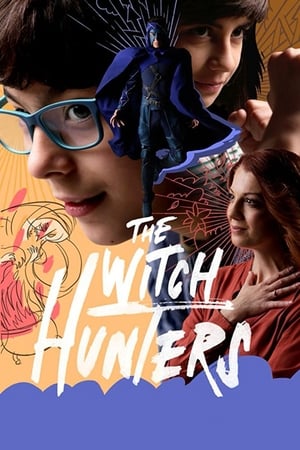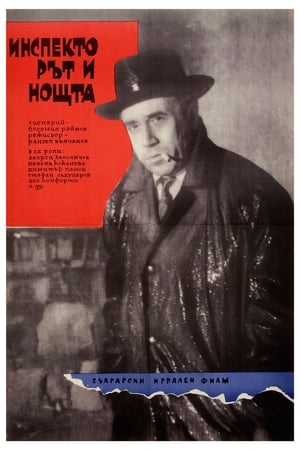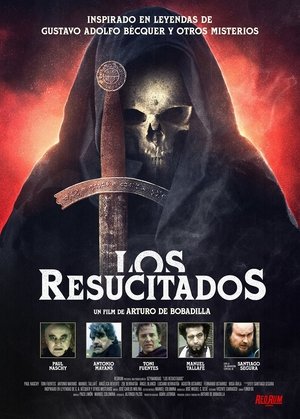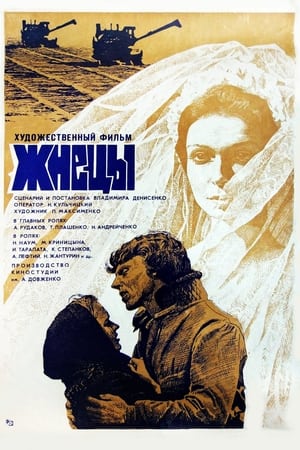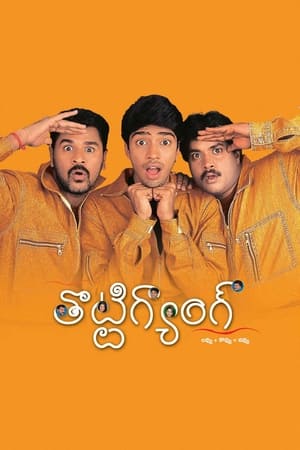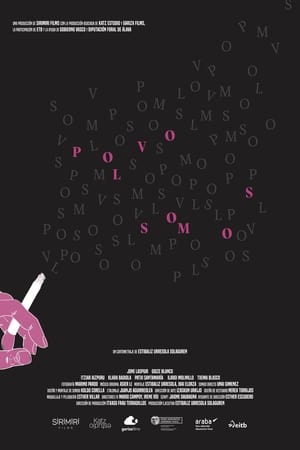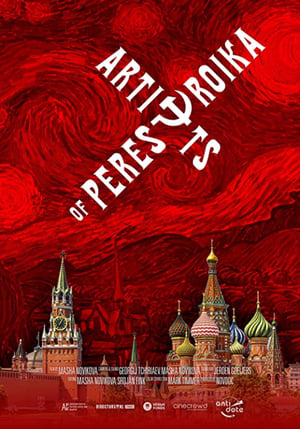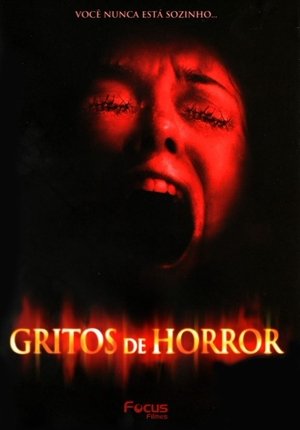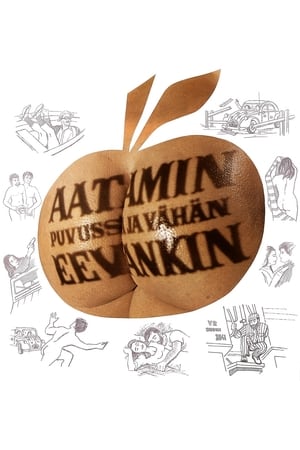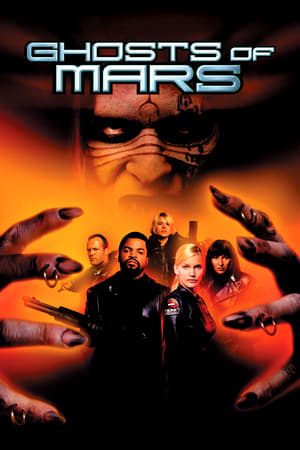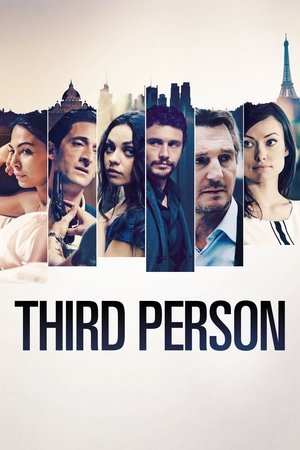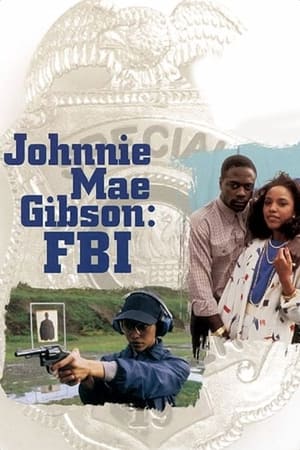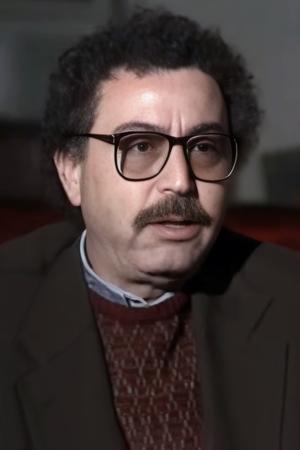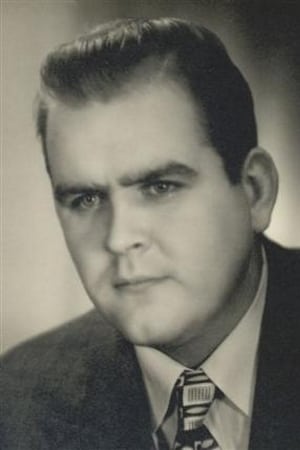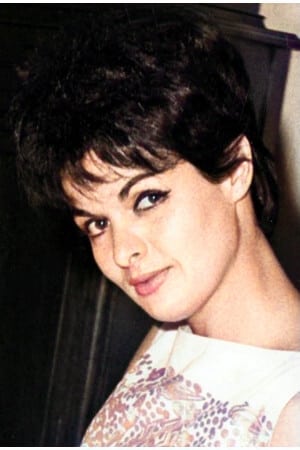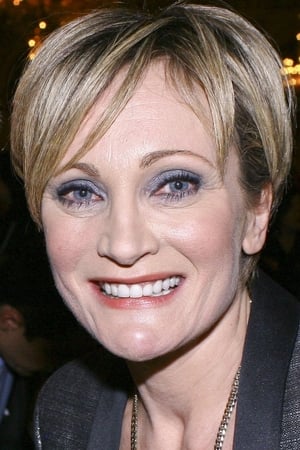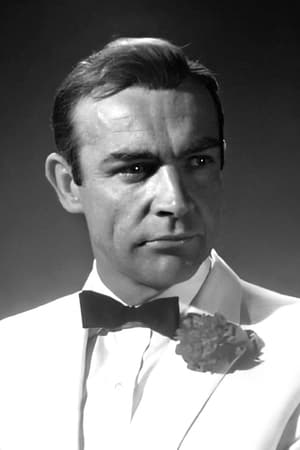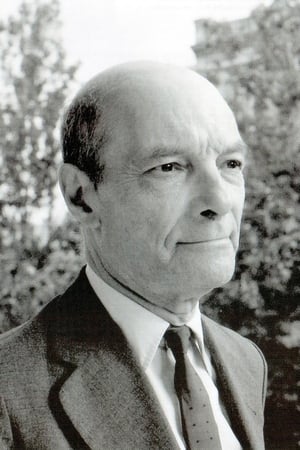Trending
Popular people
Abdelkader Alloula
Biography
Abdelkader Alloula (عبد القادر علولة), born July 8, 1939 in Ghazaouet in Algeria and died on March 14, 1994 at the Val-de-Grâce hospital in Paris, France as a result of injuries received during a terrorist attack in Oran, March 10, 1994, while he was going to the Palais de la Culture for a conference-debate. He is an Algerian actor, playwright and director. Between 1969 and 1993 he wrote ten theatrical plays, and is considered in Algeria as one of the most popular Algerian playwrights, his plays are written in popular Arabic, the language and culture that he defended.
Abdelkader Alloula, lived and grew up in Oran. In 1956, he began amateur theater within the "Echabab" troupe of Oran after secondary studies in Sidi Bel Abbès and Oran. In this context and until 1960, he participated in several training courses and played successively in "Maghramin Bil Mel" by Mohamed Touati, "Roujouê Es Saâda", "Khedma Chrifa" and "Khadr El Yadine" by Mohamed Krachaï. He participates in internships and theater study and training courses, notably at the University Center for Theater Studies in Nancy as well as at the University of the Sorbonne. In 1962, he produced “El Asra” (The Captives) by Plaute as part of the troupe of the “Ensemble Théâtral Oranais”. In 1963, he was recruited by the Algerian National Theater (TNA) as an actor, and at the same time played in several films. Between 1964 and 1968, he staged several texts by contemporary authors including Rouiched, Tawfiq El Hakim and Maxime Gorki. He wrote and directed several works for the theater and became one of the major authors of his generation in Algeria.
In 1965, he participated in the creation of the National Institute of Dramatic and Choreographic Art (INADC) of Bordj El Kiffan. In 1967, he performed and directed three theatrical pieces from the universal repertoire (Sophocles – Aristophanes – Shakespeare) for Channel III radio. Between 1972 and 1975, he directed the Oran Regional Theater (TRO) where he promoted amateur theater and collective creations. He also directed the Algerian National Theater (T.N.A) in 1976. In 1990, he adapted for Algerian television five short stories by the Turkish author Aziz Nesin: "Lila Ma Majnoun", "Es Soltane Oual Guerbane", "El Wissam", “Echaab Fak” and “El Wajeb El Watani” produced for television by Bachir Bérichi. He is also the author of two screenplays: "Gorinne" (1972) and "Jalti" (1980), directed for television by Mohamed Ifticène. In 1983, he participated in the commentary for the film “Bouziane el Qual'i” by Belkacem El Hadjadj and in 1985 in the commentary for the film “How Much I Love You” by Azzedine Meddour.
On March 10, 1994, Abdelkader Alloula was shot dead outside his home, Rue de Mostaganem in Oran. A month after his assassination, the Regional Theater of Oran was named in his name as well as the Maison de la Culture de Tlemcen. In March 1999, the Abdelkader Alloula Foundation, led by his wife Raja Alloula for nearly 20 years, was created to preserve his legacy. Today, his plays are translated into several languages and he is considered the most translated playwright from Algerian Arabic to foreign languages.
Read more
Risto Mäkelä
Biography
Risto Väinö Kalevi Mäkelä (14 January 1924 Raahe - March 19, 1992 Helsinki) was a Finnish actor.
The most significant roles of Mäkelä's film career take place in the early 1960s. From 1945 Mäkelä starred in the theater. He became known for Pyynik's summer theater, where he starred in the 1940s, well before his film career began. There, in his mid-1960s, his bravery role was Colonel Karjula of the Unknown Soldier. Mäkelä starred in the Pori and Tampere theaters, the Helsinki National Theater-Work Theater and the Finnish National Theater and visited the Radio Theater several times.
From Wikipedia, the free encyclopedia
Read more
Dexter Holland
Biography
One of the greatest punk vocalists in rock history, Bryan Keith Holland was born two days before the end of 1965 in Orange County, California to a father who was a hospital-administrator and a mother who was a school teacher. He is the third of four children of his family. Holland has cited bands/artists such as Aerosmith, The Beatles, Bob Dylan, KISS, Bob Marley, Queen, The Rolling Stones, UFO (with Michael Schenker) and Van Halen, among others, as his early influences.
By the time he was in high school, he got turned on to punk music by listening to the Adolescents, Agent Orange, Bad Brains, Bad Religion,Black Flag, Circle Jerks, The Clash, Descendents, Ramones, The Sex Pistols, Social Distortion, T.S.O.L. and The Vandals. This was when he came up with an idea of starting a band and it wasn't until he formed "Manic Subsidal" in 1984 along with fellow band mate 'Greg K.' and later changed their name to "The Offspring" in 1985 after they found Noodles as their second guitarist.
After spending a few years on the local scene, his band released finally released its first album, simply titled "The Offspring", in 1989, which had been released in limited amounts only in a 12" Vinyl format and a CD release for the album wouldn't occur until 1995. Two years later, The Offspring were signed signed to Epitaph Records in 1991 and their second album "Ignition" came out in 1992. Their next album, "Smash" (1994), finally brought The Offspring into the mainstream success, containing hit singles as "Come Out and Play" and "Self-Esteem". The Offspring then released a number of more albums ("Ixnay on the Hombre" in 1997, "Americana" in 1998, "Conspiracy of One" in 2000 and "Splinter" in 2003) and his band has been very successful ever since.
Read more
Alma Delia Fuentes
Biography
Alma Delia Fuentes (born 22 January 1937 - died 2 Abril 2017) was an Mexican actress of film, television, and theatre.
Fuentes began her career as a child actress. In 1951, she was nominated for an Ariel Award for Best Youth Performance for her role in Luis Buñuel's Los Olvidados. In the 1960s, Fuentes debuted in television and also starred in films as the leading lady of such popular performers as Cantinflas, Demetrio González, Antonio Aguilar,Eulalio González "Piporro", and Viruta y Capulina.
Read more
Patricia Kaas
Biography
Patricia Kaas (born 5 December 1966) is a French singer. Her music is a mix of pop, cabaret, jazz, and chanson.
Since the appearance of her 1988 debut album Mademoiselle chante..., Kaas has sold over 17 million records worldwide. She had her greatest success in Germany, Switzerland, Belgium, Canada, Russia, Finland, Ukraine, and South Korea with her third album Je te dis vous. In 2002, Kaas made her film debut in And Now... Ladies and Gentlemen with Jeremy Irons. She represented France in the Eurovision Song Contest 2009 in Moscow and finished in eighth place.
Patricia Kaas, the youngest of her family, was born on 5 December 1966 in Forbach, Lorraine, France, near the German border. Her father, Joseph Kaas, a miner, was a French Germanophone (Alsace-Lorraine was annexed by France in 1918) and her mother, Irmgard, was a German from Saar. Kaas grew up in Stiring-Wendel, between Forbach and Saarbrücken on the French side of the border. Until the age of six, she spoke only Lorraine Franconian. Her mother encouraged Kaas, then a young girl, to become a singer. At the age of only eight Kaas was already singing songs by Sylvie Vartan, Dalida, Claude François and Mireille Mathieu, as well as English-language songs such as "New York, New York", at various small events such as the marriage of her brother. Her first real success came when she received first place at a pop song contest.
Kaas took her first step into the professional music business at the age of 13, when, with the help of her brother Egon, she signed a contract with the Saarbrücken club Rumpelkammer. Kaas took the name Pady Pax — after Pax Majorettes, a brass band from Stiring-Wendel, of which she and her sister Carine were members — and for seven years appeared with the band, Dob's Lady Killers. At 16, she took a placement with a model agency in Metz. Her first attempts to break into the music business failed; a producer rejected her on the ground that the world did not need a second Mireille Mathieu. Kaas's producer at this time was the architect Bernard Schwartz.
In 1985, at 19 years old, Kaas was sponsored by French actor Gérard Depardieu. Schwartz had seen her singing at the Rumpelkammer in Saarbrücken and introduced her to the songwriter François Bernheim. Bernheim worked with her and convinced Depardieu to produce her music.
Depardieu produced Kaas's first single Jalouse (Eng: Jealous), written by Bernheim and Depardieu's wife, Elisabeth. The single was published by EMI, but was a flop. Nonetheless, her encounter with Depardieu was one of the most important events at the beginning of Kaas's artistic career.
Through Jalouse and Bernheim, the French songwriter Didier Barbelivien became aware of Kaas. His song Mademoiselle chante le blues (Eng: Lady sings the blues) was the singer's first big hit. The single was published in 1987 by Polydor, and reached 7th place in the French singles chart. The next year, Kaas's second single D'Allemagne (Eng: From Germany) was recorded, written by Barbelivien and Bernheim. ...
Source: Article "Patricia Kaas" from Wikipedia in English, licensed under CC-BY-SA 3.0.
Read more
Sean Connery
Biography
Sir Thomas Sean Connery (August 25, 1930 – October 31, 2020) was a Scottish actor and producer who won an Academy Award, two BAFTA Awards (one being a BAFTA Academy Fellowship Award), and three Golden Globes, including the Cecil B. DeMille Award and a Henrietta Award.
Connery was the first actor to portray the character James Bond in film, starring in seven Bond films (every film from Dr. No to You Only Live Twice, plus Diamonds Are Forever and Never Say Never Again), between 1962 and 1983. In 1988, Connery won the Academy Award for Best Supporting Actor for his role in The Untouchables. His films also include Marnie (1964), Murder on the Orient Express (1974), The Man Who Would Be King (1975), A Bridge Too Far (1977), Highlander (1986), Indiana Jones and the Last Crusade (1989), The Hunt for Red October (1990), Dragonheart (1996), The Rock (1996), and Finding Forrester (2000).
Connery was polled in a 2004 The Sunday Herald as "The Greatest Living Scot" and in a 2011 EuroMillions survey as "Scotland's Greatest Living National Treasure". He was voted by People magazine as both the “Sexiest Man Alive" in 1989 and the "Sexiest Man of the Century” in 1999. He received a lifetime achievement award in the United States with a Kennedy Center Honor in 1999. Connery was knighted in the 2000 New Year Honours for services to film drama.
On 31 October 2020, it was announced that Connery had died at the age of 90.
Description above from the Wikipedia article Sean Connery, licensed under CC-BY-SA, full list of contributors on Wikipedia
Read more
António Lopes Ribeiro
Biography
Director, journalist, and producer, António Lopes Ribeiro (1908-1995) was a central name in the history of Portuguese cinema in the first half of the 20th century. Movie critic since the late 1920s, he supported the European cinematographic avant-gardes and the aesthetical and technical renewal of Portuguese cinema. He directed his first film, Bailando ao sol, in 1928 and took part in the shooting of J. Leitão de Barros film’s Nazaré, praia de pescadores (1929), Lisboa, Crónica Anedótica and Maria do Mar (1930). Shortly before that, he undertook a long journey to the great movie studios of Paris, Berlin and Moscow, where he became up to speed with the most recent techniques and tendencies, and where he also met Clair, Renoir, Lang, Pabst, Eisenstein and Vertov. His first sound film was Gado Bravo (1934), made with several Jewish film actors and technicians that had just escaped from Hitler’s Germany. Ribeiro’s first big propaganda film for the New State was A Revolução de Maio (The May Revolution, 1937), whose script he wrote with António Ferro, the founder and director of the Secretariado da Propaganda Nacional (National Propaganda Office/SPN). The following year, he accompanied the head of the state, President Óscar Carmona, in a trip to the Portuguese colonies in Africa, shooting topical footage that would be used in several documentaries, as well as in his second propaganda feature film, Feitiço do Império (1940). Also in 1938, Ribeiro began producing for SPN the New State’s first newsreel, Jornal Português, which would last until 1951. With his production and distribution company Sociedade Portuguesa de Actualidades Cinematográficas (SPAC), he produced and directed many propaganda documentaries commissioned by the New State, thus earning the reputation of the regime’s official filmmaker and reinforcing his influence in the State-sponsored Sindicato Nacional dos Profissionais de Cinema (National Union of Cinema Professionals). In 1941, he founded Produções António Lopes Ribeiro, a production company that released famous comedies such as O Pai Tirano (1941), O Pátio das Cantigas (1942, directed by his brother, Francisco Ribeiro), or A Vizinha do Lado (1945); Manoel de Oliveira’s first feature film, Aniki-Bóbó (1942); or historical dramas such as Amor de Perdição (1943), Frei Luis de Sousa (1950) and O Primo Basílio (1959). Until 1974, Ribeiro produced or directed dozens of propaganda documentaries and newsreels. Between 1957 and 1974 he was also the author and host of a very popular TV show about the history of cinema titled “O Museu do Cinema” (“The Cinema Museum”).
Read more
Hong Kyung-in
Biography
The fresh-faced HONG Kyung-in, who graduated from the Dongguk University’s School of Acting, debuted on screen at the tender age of 16 in the early 1990s Korean classic Our Twisted Hero (1992). While still a teenager he went on to appear in some of the most important films of the mid-1990s, such as The Eternal Empire (1995) and A Single Spark (1995). It was around this time that he began to appear in TV dramas as well. He has remained consistent on screen, taking co-starring roles in films for 20 years, such as 2001’s hit gangster comedy Hi! Dharma. After a few years absent from cinemas, HONG returned to the big screen in 2013 with a part in the hit spy drama Secretly Greatly and then starred alongside KIM In-gwon in the issue-raising North Korea-set drama Apostle in 2014.
Read more
Danielle 'Danz' Johnson
Biography
Danielle “Danz” Johnson is a song-writer, composer and producer.
Since 2010 she has been making music formerly under the moniker of Computer Magic and currently under Danz CM. She has written and produced songs featured in commercials (Lexus, Aria Casino) and has composed custom pieces for Panasonic, Body Mainte for Otsuka Pharmaceutical, and Kewpie in Japan. She has modeled clothes for the skate clothing brand X-Girl, founded by Sonic Youth's Kim Gordon; and Sofia Coppola's clothing line Milkfed.
Her influences include New Wave, Italo Disco, Krautrock, New Order, Giorgio Moroder, Gary Numan, Stereolab, Belle & Sebastian and Radiohead. Her visual aesthetics are influenced by sci-fi films like Barbarella, Logan's Run and 2001: A Space Odyssey.
Danz runs her own label, Channel 9 Records, which releases limited edition vinyls and cassettes.
In 2019 she founded Synth History, a media site featuring musicians who embrace synthesizers. She has interviewed artists like Pete Townshend, Suzanne Ciani, James Murphy, Rick Wakeman, Oneohtrix Point Never, Vince Clarke and more. The first Synth History podcast episode on Wendy Carlos - written, recorded, scored and produced by Danz - was released in August of 2020.
Her new record The Absurdity of Human Existence comes out March 12th, 2021 on her label Channel 9 Records.
Read more
Mattie Do
Biography
Mattie Do is a Laotian American film director. Do was born in Los Angeles, California, to immigrant parents who left Laos during the communist revolution. Do returned to Vientiane in 2010 with her husband to take care of her retired father. She trained originally as a make-up artist and worked on film productions in Europe and America before becoming a consultant to the oldest film company in Laos, Lao Art Media, upon her return in 2010.
She is Laos's first and only female film director and the first horror film director from Laos. Do's second feature film, Dearest Sister (2016), (Lao: ນ້ອງຮັກ) was chosen to attend the 2014 Cannes Film Festival as part of the La Fabrique des Cinémas du monde program and was selected as the Laotian entry for the Best Foreign Language Film at the 90th Academy Awards, the first time that Laos submitted a film for consideration in this category. It was screened at more than 20 film festivals and was selected by Laos as its first Oscars submission for Best Foreign Language Film. Description above from the Wikipedia article Mattie Do, licensed under CC-BY-SA, full list of contributors on Wikipedia.
Read more


